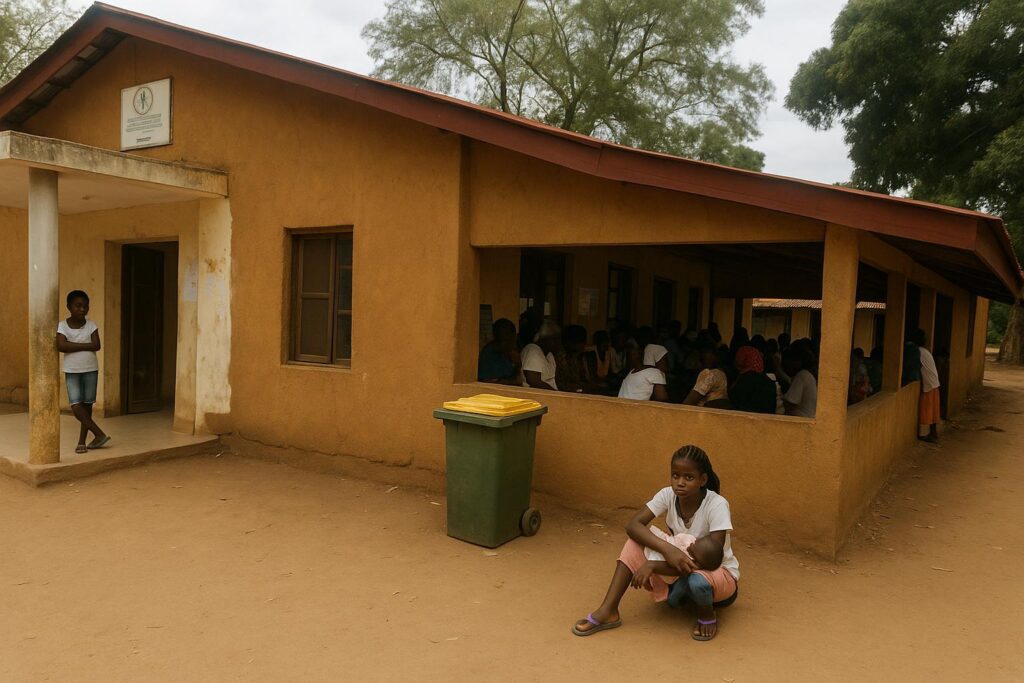Juba Paediatric Lifeline Under Strain
Al Sabah Children’s Hospital in Juba stands as South Sudan’s sole dedicated paediatric facility, caring for thousands of infants each year. Recent visits reported by Eye Radio revealed shortages of drugs, overcrowded wards and failing ventilation systems, heightening concern for newborn safety.
The hospital’s medical director reports an average of 200 daily consultations, far exceeding the design capacity. Broken air conditioners leave rooms stifling in the 40-degree midday heat, complicating infection control and exhausting staff resilience.
Women Leaders Sound the Alarm
“What we have seen is heartbreaking,” stated Arab Juma Suleiman, secretary of the state Women’s Council. She praised doctors working “under difficult circumstances”, yet warned that limited space and medicine shortages imperil babies whose families cannot afford private care.
Flora Nicola, representing Wanduroba community, appealed to child-focused NGOs for swift assistance, arguing that “these children are the hope of South Sudan.” Her call targets agencies such as Save the Children and UNICEF, whose logistical reach could quickly replenish essential supplies.
Appeal for Multi-Sector Support
The union’s delegation urged national and state authorities, private firms and philanthropists to channel medicine, equipment and infrastructure upgrades to the facility. Observers note that even modest investments in oxygen concentrators and incubators could markedly cut neonatal mortality.
During Saturday’s visit the women donated sanitary pads, soap, biscuits and sugar to lactating mothers, signalling community commitment while broader funding is mobilised. Hospital caretakers welcomed the gesture but reiterated the need for long-term solutions.
Charting a Sustainable Health Future
South Sudan’s budget allocates roughly 2 percent to health, according to Ministry data, underscoring reliance on partners. Analysts suggest targeted public-private partnerships, coupled with expanded nurse training, as viable paths to stabilise paediatric care nationwide.
For now, the mothers lining Al Sabah’s corridors wait in hope that pledges translate into oxygen, uncluttered wards and medicines. As one caregiver whispered, “a small bottle of antibiotic can decide life or death.” The urgency is unmistakable.


